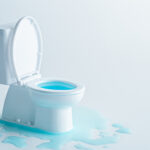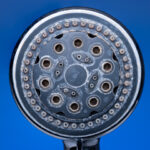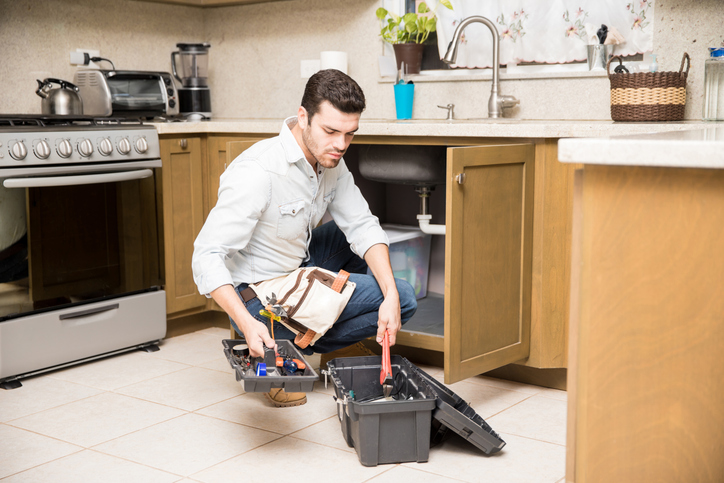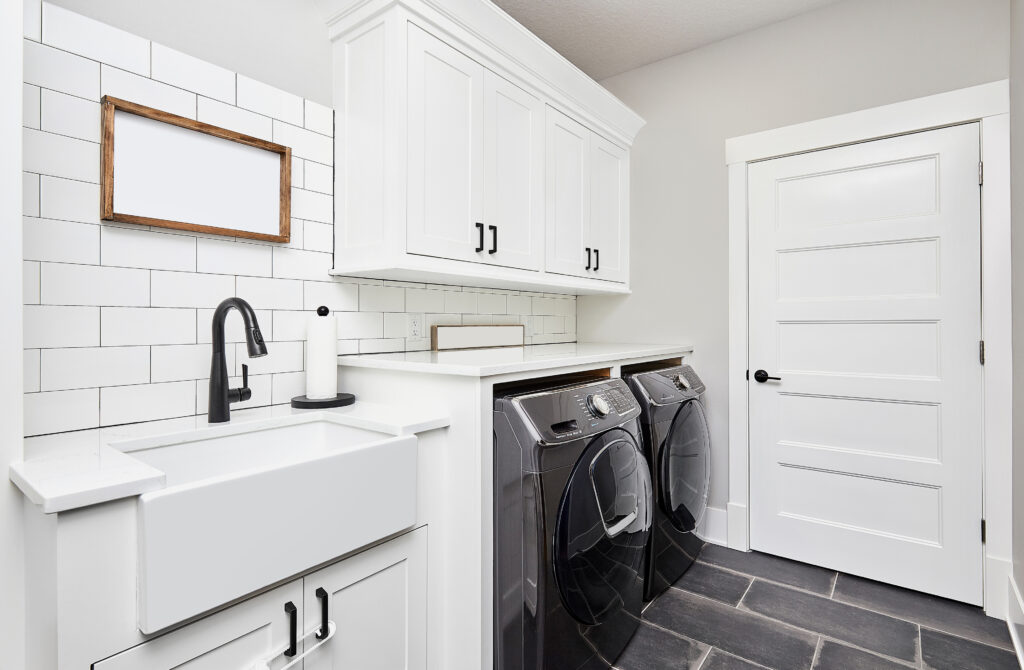If your dishwasher keeps producing one load after another of spotty or streaked dishes and glasses, there’s got to be culprit, right? And there’s nothing easier to blame than the dishwasher itself, your particular brand of detergent, or both!
 And yet, the real culprit is likely hard water. That’s right: hard water, the result of higher than normal concentrations of calcium and magnesium in your water supply, city or well. What can you do to compensate for hard water conditions and start getting your dishes, glasses, and everything else inside your dishwasher clean? Here are several very workable suggestions:
And yet, the real culprit is likely hard water. That’s right: hard water, the result of higher than normal concentrations of calcium and magnesium in your water supply, city or well. What can you do to compensate for hard water conditions and start getting your dishes, glasses, and everything else inside your dishwasher clean? Here are several very workable suggestions:
-
Try using more detergent.
Hard water, among other consequences, lessens the
lathering and sudsing power of soap. One way to compensate for that is to increase the
amount of detergent you use, although that’s a short-term solution at best. -
Rinse aids work, too.
Since hard and acidic water are the two most common water quality problems in America, there are additional products specifically designed to help get your dishes clean. One of them is a rinsing aid that helps remove any filming or spotting during the rinse cycle.
-
How about a new detergent?
Since hard water is such a common problem, you can even purchase a dishwasher detergent specially formulated for homes with hard water.
Of course, it’s not just your dishes and glasses, etc., that can be negatively impacted by hard water. Over time, sediment will start sticking to the interior surfaces and could eventually cause rusting which in turn could damage the dishwasher’s motor.
That’s why Norhio Plumbing recommends a whole-house water softener to completely rid your home – and not just your dishwasher – of hard water conditions. We are water treatment and filtration specialists that have the right solution for any home water quality need – contact us today to learn more or request a free quote.








